8, September 2023
CEMAC Region: Where is the next coup? 0
Cameroon’s president Paul Biya spends so much time at Geneva’s Intercontinental Hotel that dissidents routinely picket the opulent lakeside premises to voice their discontent at his 40-year rule.
From his suite overlooking the Swiss city’s pristine lake, Biya will have had ample time to ponder the wave of coups that have swept western and central Africa and ask himself who might be next.
Mali, Guinea, Burkina Faso, Chad, Sudan, Niger and now Gabon have all faced the upheaval of military takeovers over the past three years, removing democratically elected presidents and tainted family dynasties alike.
It is impossible to say which country — if any — will follow, but deficiencies in the political systems of several countries offer a guide to which leaders are vulnerable, analysts said.
Biya, Cameroon’s head of state since 1982 and prime minister before that, is high on the list.
“There’s an unpopular president who’s been there for decades,” François Conradie, an analyst at the Oxford Economics Africa consultancy, said. The Cameroonian president, 90, is “widely seen as corrupt” and is said to want his son Franck to succeed him, which would be an unpopular move, added Conradie.
“He’s also very old, with the people around him limiting access to him and running the state while he’s more or less absent,” the analyst said. Biya spends months at a time away from the central African country, much of it at his European hideaway.
Each of the recent African coups has had unique characteristics, but an increasingly common theme has been emboldened militaries realising that they are likely to face little effective resistance for their actions.
“Would-be coup leaders look at this as a proof of concept,” said Kholood Khair, director of Confluence Advisory, a Sudanese think-tank. “These things happen and there’s very little pushback.”
The removal of Gabon president Ali Bongo last week underscored this point. Coup leader General Brice Oligui Nguema has faced little domestic or international criticism since detaining Bongo, a distant cousin, and dissolving his government. Nguema was on Monday sworn in as interim president and the end of the Bongo family’s five-decade dynasty has been celebrated on the streets of the capital Libreville.
The threat from Nigeria to use force to overturn the coup in neighbouring Niger that removed president Mohamed Bazoum was not followed with military action. As far back as 2017, Zimbabwe’s generals faced little or no censure for removing Robert Mugabe.
“It’s just a question of ‘coup’s next’?” said Afolabi Adekaiyaoja, research analyst at the Centre for Democracy and Development think-tank. “In an era of controversial elections, it’s clear that the military and political elites see alternatives. The question is now how accepted, effective and sustainable these changes are — for better or worse.”
The regimes of Denis Sassou Nguesso, Republic of Congo president who seized power in a 1997 coup; Teodoro Obiang, the world’s longest-serving president who has ruled Equatorial Guinea since ousting his uncle 44 years ago; and Togo’s Faure Gnassingbé, president since 2005 who succeeded his father after another long reign, are all at risk if their country’s generals moved to capitalise on popular discontent over their prolonged rule.
Mahamat Idriss Déby Itno, Chad’s president who took over from his father, is another under threat, according to analysts. Déby is widely seen to lack the charisma and grip on power of his father, a feared soldier killed during an offensive against rebels in 2021.
A rebel group with links to the Central African Republic and supported by Russia’s Wagner Group has been plotting against him, according to leaked US intelligence documents reported this year. General Mohamed Hamdan Dagalo, the paramilitary leader fighting on one side of Sudan’s civil war, also has designs on Chad, according to analysts.
Relatively stable west African democracies such as Senegal and Ivory Coast are considered less vulnerable. Yet analysts say that discontent against French influence in Senegal, which has witnessed political unrest this year, and in Ivory Coast, where president Alassane Ouattara is an ally of Paris, could be a motivating factor for would-be mutineers.
Many of the governments that have fallen to coups have been one-time French colonies while coup leaders in Mali, Burkina Faso and Niger have all ridden to power on a rising tide of anti-French sentiment.
Paul Melly, an expert with the Africa programme at the Chatham House think-tank in London, said vulnerable leaders would now be considering how to better distribute state wealth to other parts of their elite to keep them from fomenting revolt.
Yet sometimes, even a share of the spoils is not enough. The coups that removed Bongo — which Melly called an “inside job” — and Bazoum were led by the heads of their presidential guards whose main job was to protect them.
There are signs that the message has begun to sink in. Cameroon pushed through a significant reshuffle of its military top brass on the same day Gabon’s Bongo was deposed. This was seen by many as a signal that Biya was aiming to coup-proof his regime.
A person with knowledge of Cameroon’s politics dismissed that suggestion and claimed the changes were long-planned but conceded the timing could be interpreted as regime protection.
Such pre-emptive moves are a reminder to would-be plotters that there are risks to pointing tanks at the presidential palace, as militaries come under renewed scrutiny from leaders who might themselves have come to power via a coup, and so are perpetually worried about being ousted.
When a dozen members of the Gabonese Republican Guard stormed the premises of the state radio station in 2019 as part of a plan to “restore democracy” it was swiftly put down by special forces. Two of the soldiers were killed and the others arrested.
Sassou Nguesso in the Republic of Congo is another leader who has been put on his guard. The 79-year-old, a former military officer, is known as “The Emperor” by fellow African leaders due to his strict demeanour and the firm grip he exerts on his country.
“You’d have to be a brave man to challenge Denis,” said one analyst who is a frequent visitor to Brazzaville. “He’s terrifying.”
Culled from The Financial Times

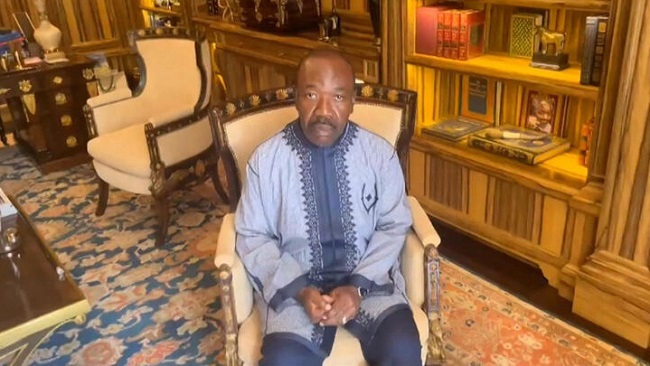
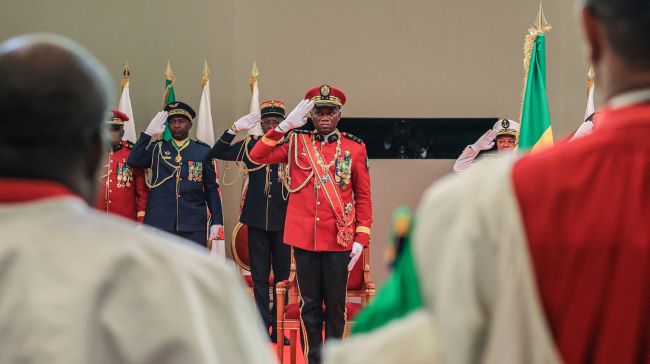
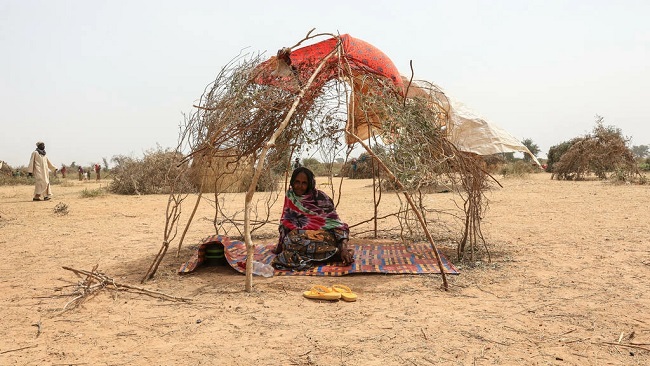
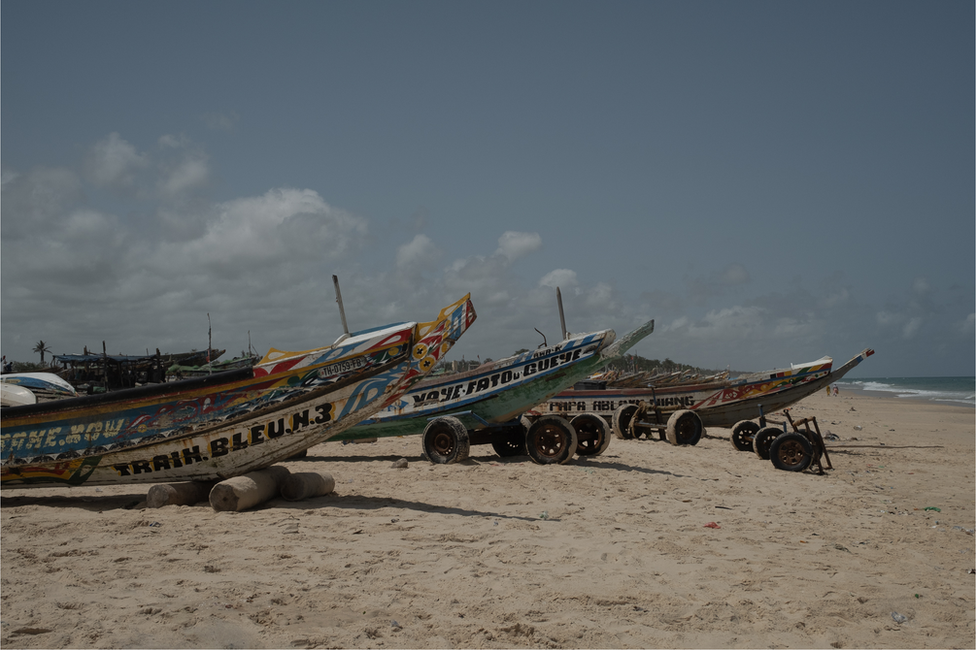
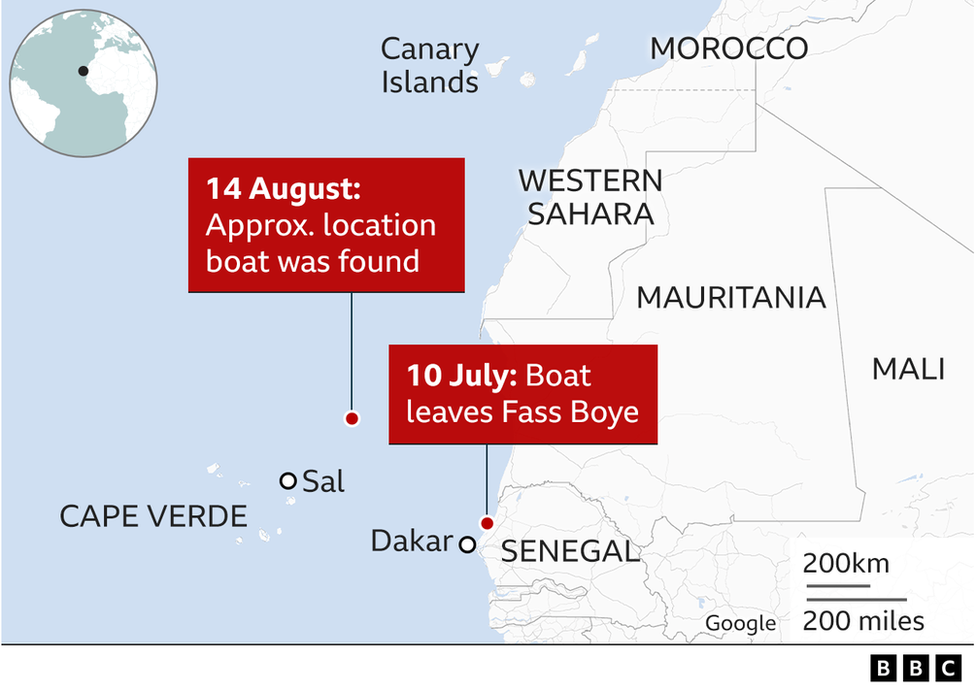
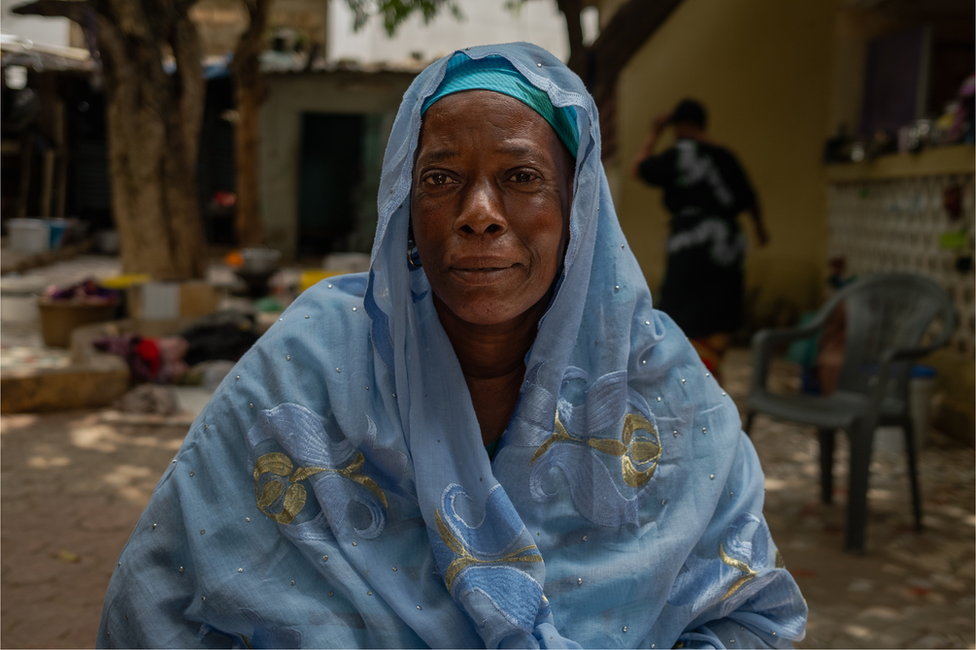
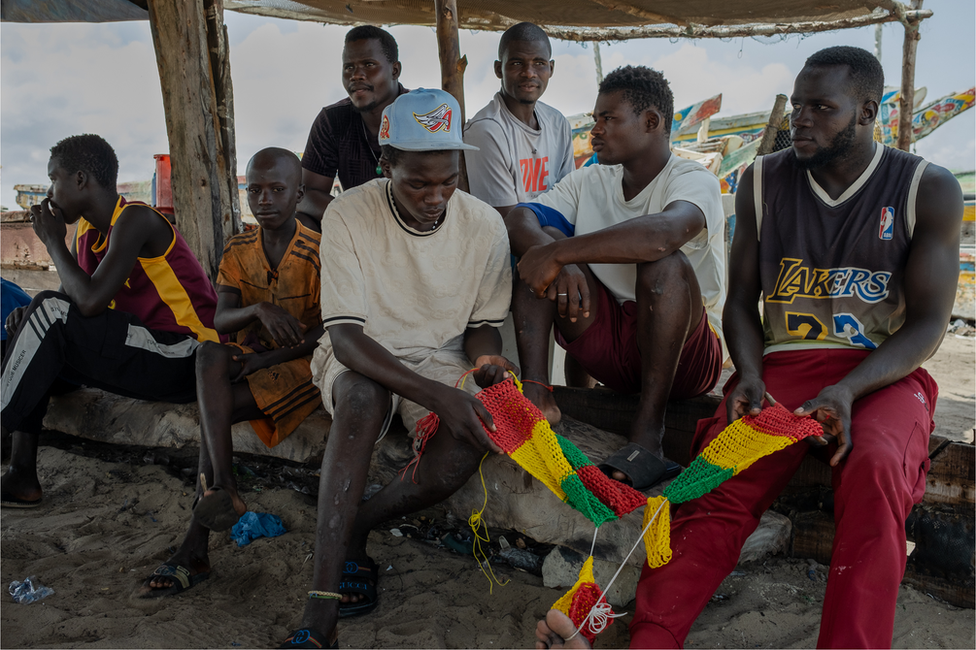
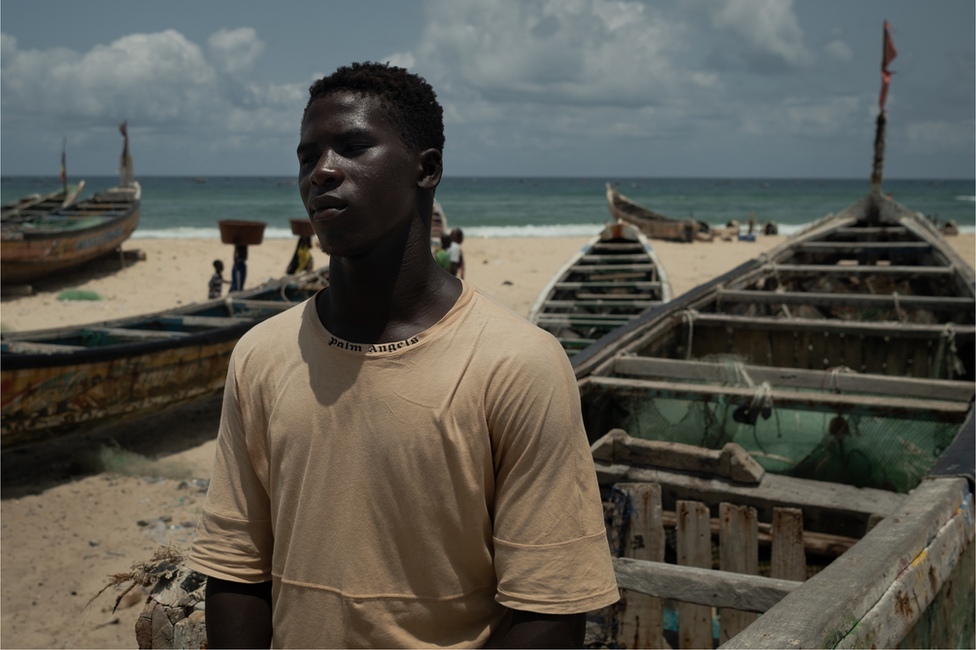
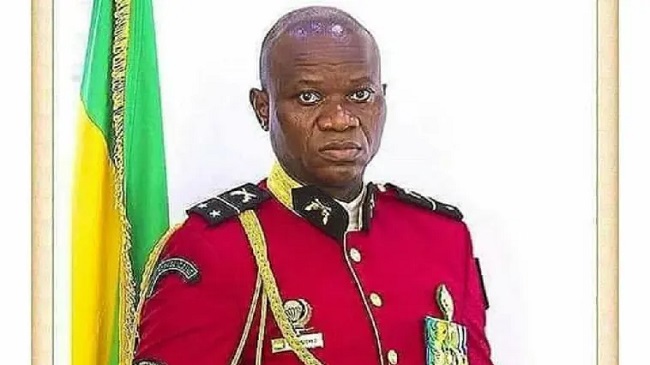

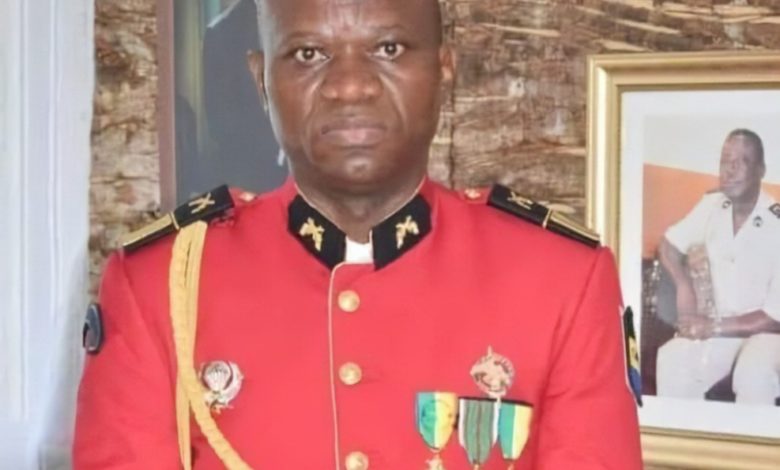
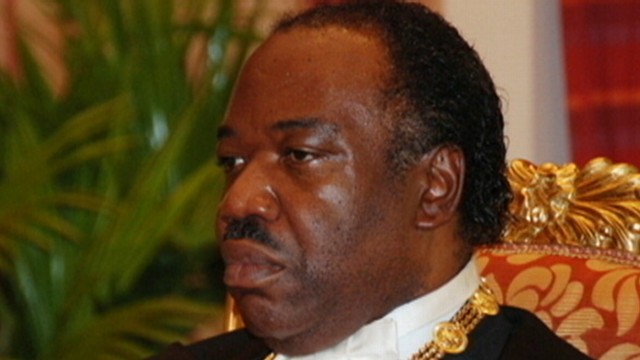
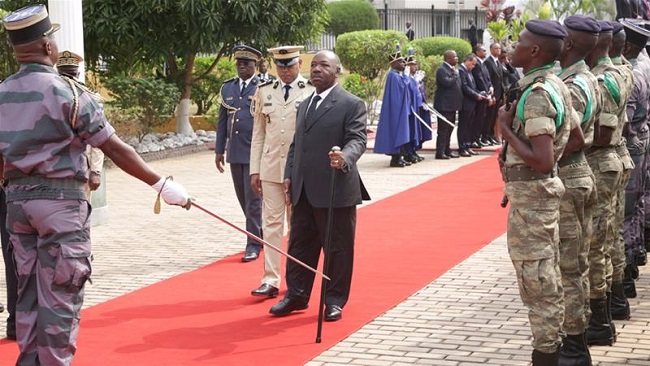

















27, September 2023
France’s ambassador to Niger back in Paris after expulsion 0
France’s ambassador to Niger landed in Paris Wednesday, the foreign ministry said, after weeks of tensions between Paris and the post-coup regime in the West African country who demanded his expulsion.
It comes two months after a coup in Niger ousted its pro-Paris president and prompted a souring in relations between France and its former colony.
On Sunday, French President Emmanuel Macron announced in a TV interview that Sylvain Itte would leave “in the next hours” but gave no details.
Niger’s military leaders – who overthrew the democratically elected president Mohamed Bazoum on July 26 – welcomed the announcement but said they were waiting for it to be followed up by official actions.
They had told Itte to leave the country after they overthrew Bazoum and took away the envoy’s diplomatic immunity and visa.
But a 48-hour ultimatum for him to go, issued in August, passed with him still in place, as the French government refused to comply or to recognise the military regime as legitimate.
Paris had said that only Bazoum’s deposed government could order the envoy out.
Born in the Malian capital Bamako in 1959, Itte has been in the post as ambassador to Niger for a year.
His diplomatic career spans 35 years and he was previously ambassador to Uruguay and Angola.
Military pullout
Macron also announced in his Sunday TV interview that French troops would withdraw from Niger in “the months and weeks to come” with a full pullout “by the end of the year” – another demand of the Niger regime.
The French president, who had sought to make a special ally of Niger, said military cooperation was “over”.
France keeps about 1,500 soldiers in its former West African colony as part of an anti-jihadist deployment in the Sahel.
The coup against Bazoum was the third such putsch in the region in as many years, following similar actions in fellow former French colonies Mali and Burkina Faso in 2021 and 2022, respectively.
They too forced the pullouts of French troops.
Macron said on Sunday that Niger’s post-coup authorities “no longer wanted to fight against terrorism”.
He also reaffirmed France’s position that Bazoum was being held “hostage” and remained the “sole legitimate authority” in the country.
The elected president has remained confined in the presidential palace with his wife and son.
Niger welcomed Macron’s announcement on Sunday as “a new step towards sovereignty” but has said the timeframe for the pullout “must be set out in a negotiated framework and by mutual agreement”.
Niger, like Burkina Faso and Mali, has been targeted by jihadist attacks for several years.
In recent weeks, tens of thousands of people have joined demonstrations and gatherings in Niamey calling for the withdrawal of the French troops from the country.
The United States, which has some 1,100 military personnel in Niger, has said it will “evaluate” its future steps on the crisis following France’s announcement.
Source: AFP